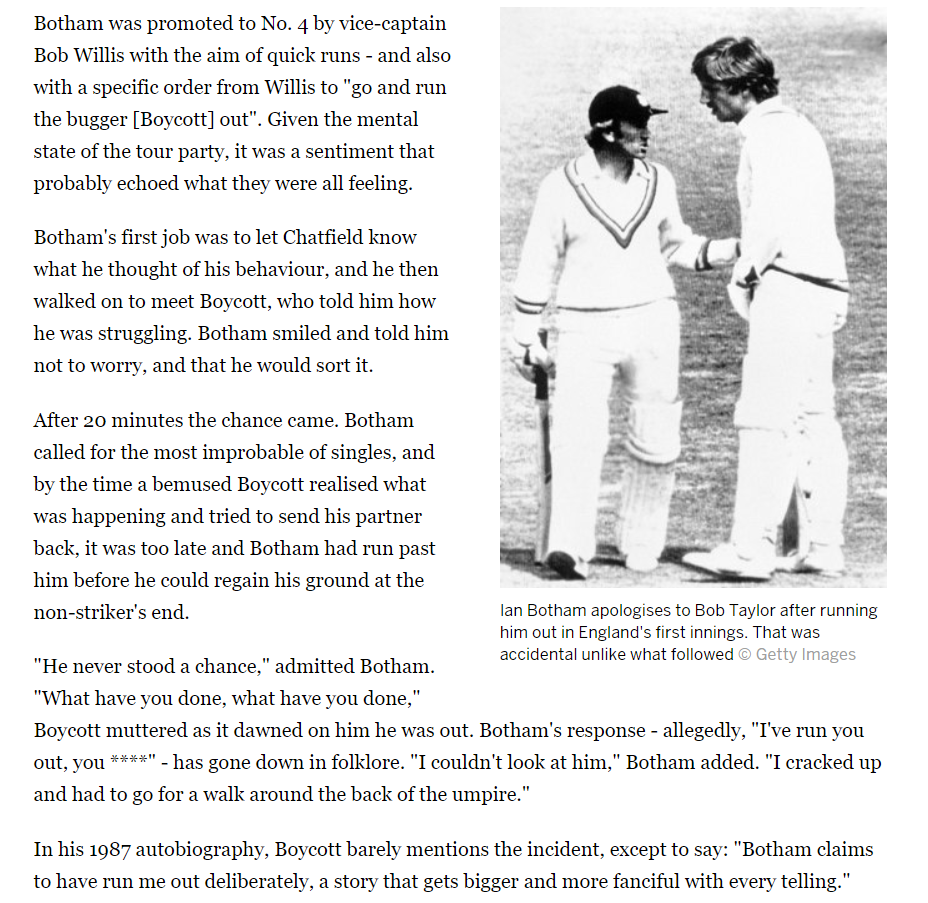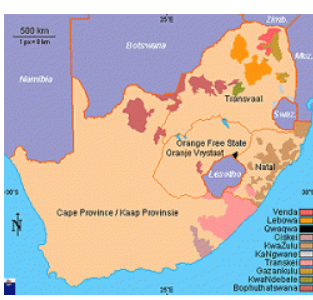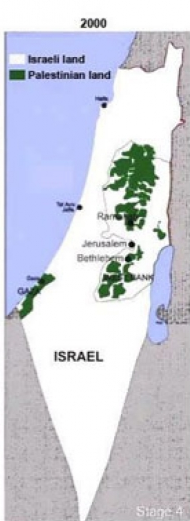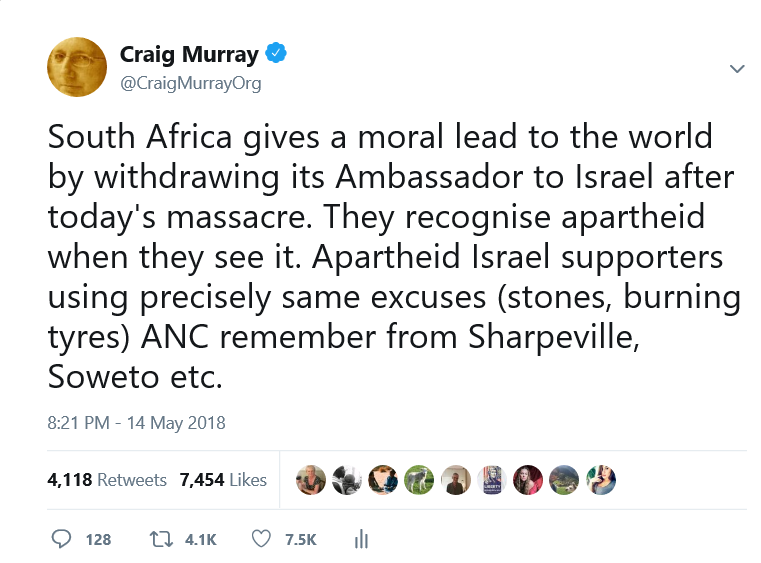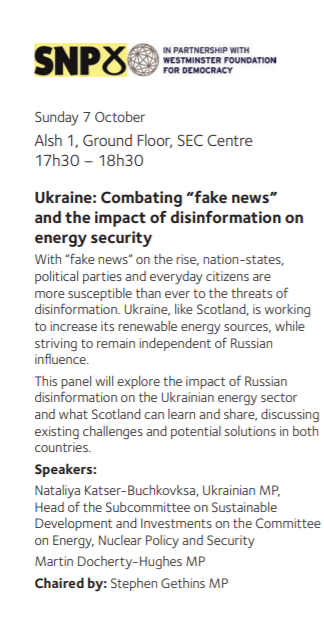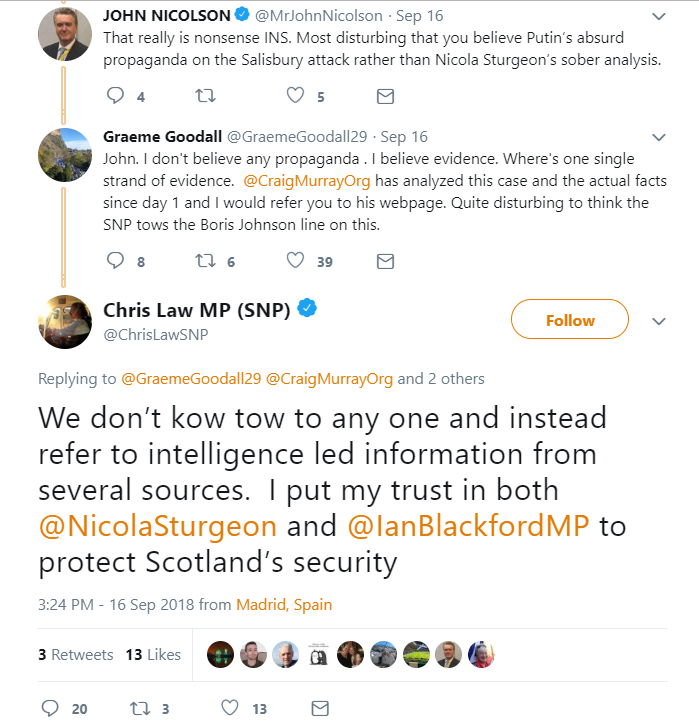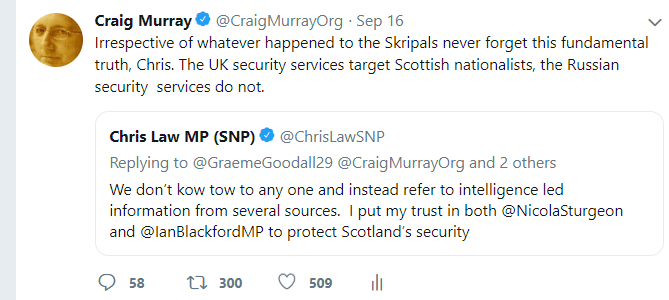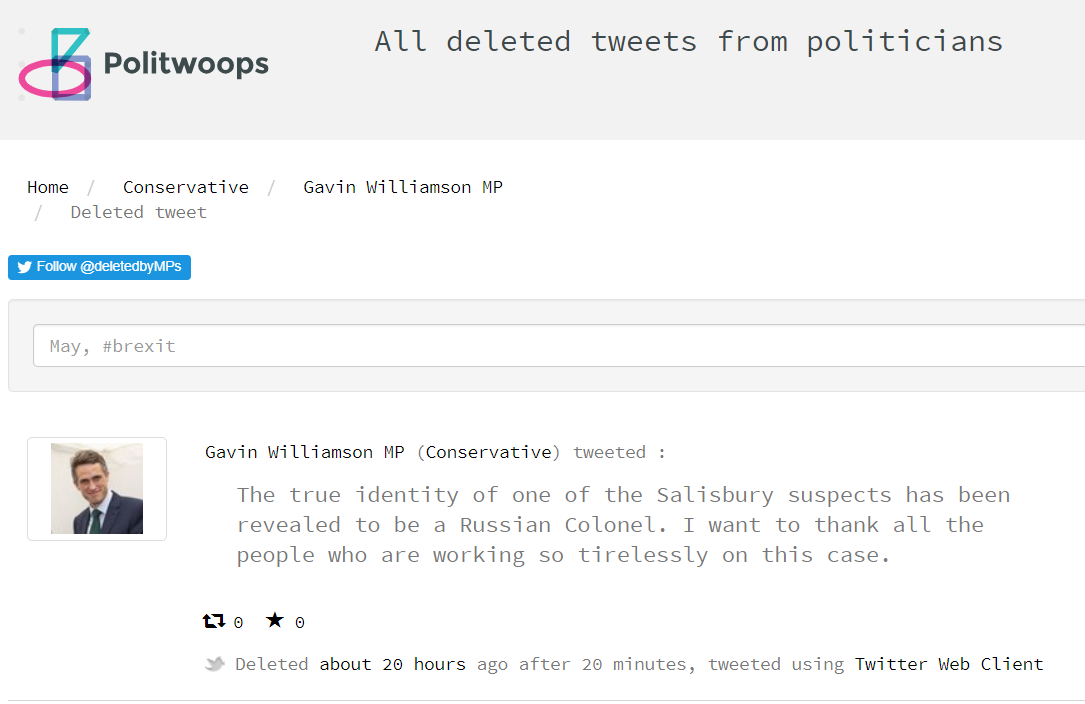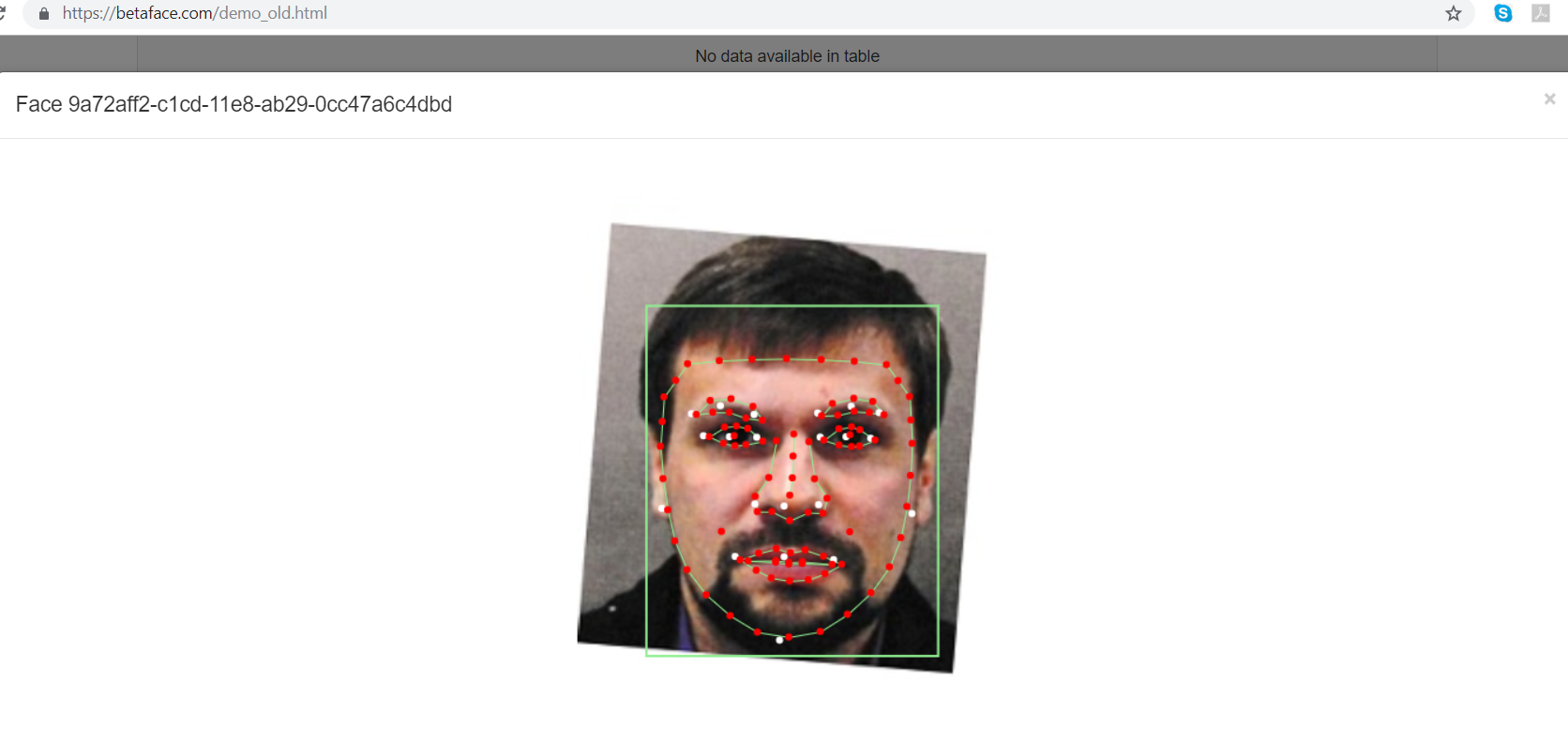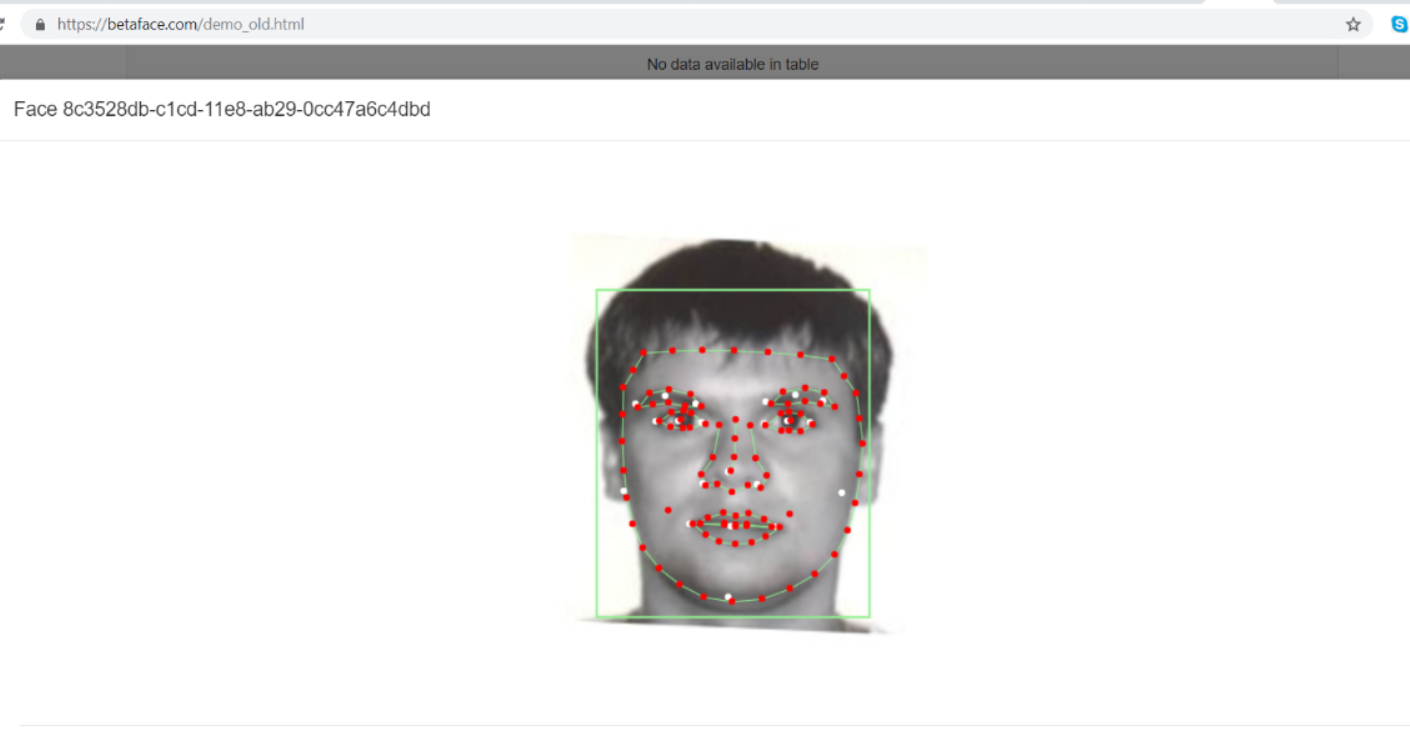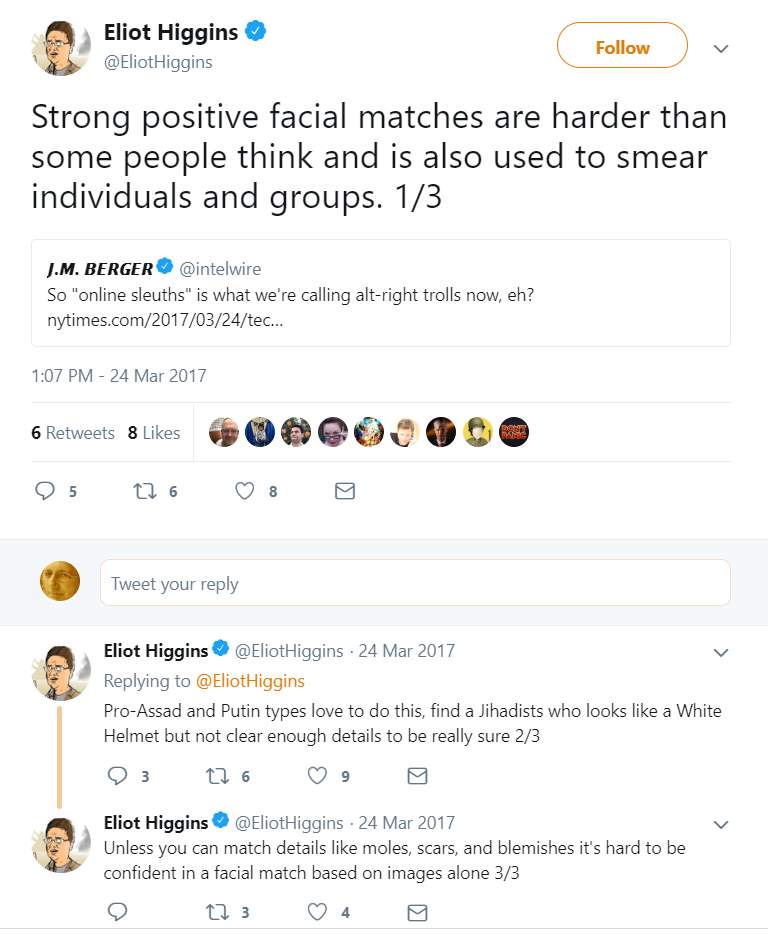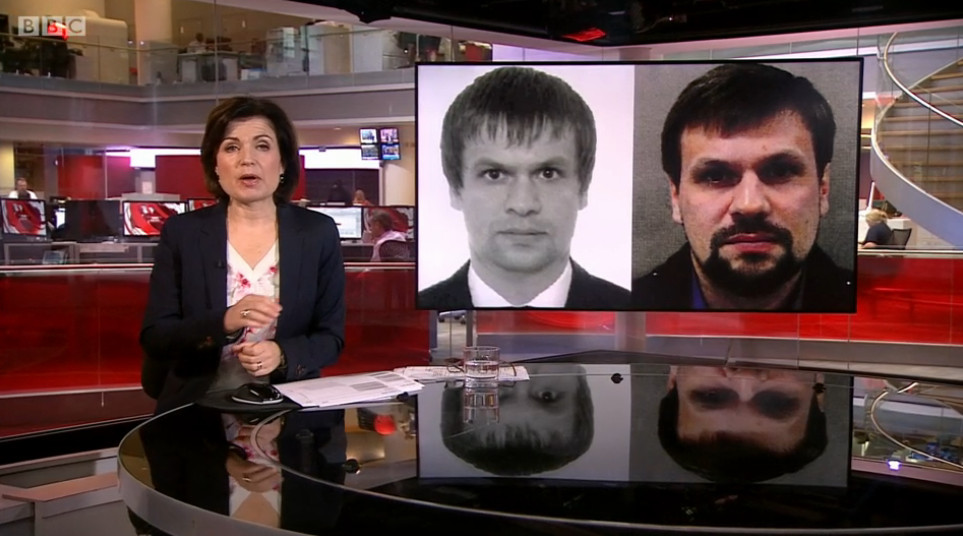UPDATE: The Kommersant Evidence
Kommersant publishes interviews with people from Chepiga’s home village. The article makes clear he has not been seen there for many years. It states that opinions differ on whether Chepiga is Boshirov. One woman says she recognised Boshirov as Chepiga when he appeared on TV, especially the dark eyes, though she had not seen him since school. Another woman states it is not Chepiga as when she last saw him ten years ago he was already pretty bald, and he has a more open face, although the eyes are similarly brown.
Naturally mainstream media journalists are tweeting and publishing the man’s evidence and leaving out the woman’s evidence.
But the Kommersant article gives them a bigger challenge. Kommersant is owned by close Putin political ally, Putin’s former student flatmate, Chariman of Gazprominvestholdings and the UK’s richest resident, Alisher Usmanov. That Russia’s most authoritative paper, with ownership very close to Putin, is printing such open and honest reporting rather belies the “Russia is a dictatorship” narrative. And unlike the Guardian and BBC websites, on Kommersant website ordinary Russians can post freely their views on the case, and are.
One thing this does stand up is that Chepiga definitely exists.
The evidence mounts that Russia is not telling the truth about “Boshirov” and “Petrov”. If those were real identities, they would have been substantiated in depth by now. As we know of Yulia Skripal’s boyfriend, cat, cousin and grandmother, real depth on the lives and milieu of “Boshirov” and “Petrov” would be got out. It is plainly in the interests of Russia’s state and its oligarchy to establish that they truly exist, and concern for the privacy of individuals would be outweighed by that. The rights of the individual are not prioritised over the state interest in Russia.
But equally the identification of “Boshirov” with “Colonel Chepiga” is a nonsense.
The problem is with Bellingcat’s methodology. They did not start with any prior intelligence that “Chepiga” is “Boshirov”. They rather allegedly searched databases of GRU operatives of about the right age, then trawled photos in yearbooks of them until they found one that looked a bit like “Boshirov”. And guess what? It looks a bit like “Boshirov”. If you ignore the substantially different skull shape and nose.

Only the picture on the left is Chepiga. The two on the right are from “Boshirov’s” Russian passport application file, and the photo of “Boshirov” issued by Scotland Yard.
Like almost the entire internet, I assumed both black and white photos were from Chepiga’s files, and was willing to admit the identification of Chepiga with “Boshirov” as valid. But once you understand is that – as Bellingcat confirm if you read it closely – only the photo on the left is Chepiga, you start to ask questions.
The two guys on the right and the centre are undoubtedly the same person. But is the guy on the left the same, but younger?
Betaface.com, which runs industry standard software, gives the faces an 83% similarity, putting the probability of them being the same person at 2.8%.
By comparison it gives me a 72% identity with Chepiga and a 2.1% chance of being him.


There is a superficial resemblance. But if you take the standard ratios used for facial recognition, you get a very different story. If you draw a line between the centre of the pupils of the two guys centre and right, and then take a perpendicular from that line to the tip of the nose, you get a key ratio. The two on the right both have a ratio of 100:75, which is unsurprising since they are the same person. The one on the left has a ratio of 100:68, which is very different.
To put that more simply, his nose is much shorter, and less certainly his eyes are further apart.
It is possible this could happen in photos but it still be the same person. The head would have to be tilted backward or forward at quite a sharp angle to alter these ratios, which does not seem to be the case. The camera could be positioned substantially above or below the subject, again not apparently the case. And the photo could be resized with height and width ratios changed. That would hard to detect.
But the three white dots across the bottom of the nose are particularly compelling (the middle one largely obscured by a red dot in the Chepiga photo). They illustrate that Chepiga has a snub nose and Boshirov something of a hook. Again, the software is reinforcing what they eye can plainly see.
However, there are also other ratios that are different. Chepiga has a narrower mouth compared to the distance between the pupils than the two photos of “Boshirov”, and that is measured on the same plane. The difference is 100-80 compared to 100-88. It is a ratio that can be changed by facial expression, but this does not seem to be the case here.
Professor Dame Sue Black of the University of Dundee is the world’s leading expert in facial forensic reconstruction. I once spent a fascinating lunch sitting next to her, while I was Rector. I shall contact her for her view on whether the guy on the left is the same person, and if she is kind enough to give me an opinion, I shall pass it on to you unadulterated.
This website is less definitive, but gives a nice clear result, and you can repeat it yourself without having to subscribe (unlike Betaface.com).

Again for comparison, I tried two photos of myself 12 years apart and got “from nearly the same person”.
It is worth repeating that the only evidence that Chepiga is Boshirov offered by Bellingcat is this photo. The rest of their article simply attempts to establish Chepiga’s career.
This is gross hypocrisy by Bellingcat, who have argued that scores of photos of White Helmets being Jihadi fighters are not valid evidence because you cannot safely recognise faces from photographs.

Yet Higgins now claims his facial identification of Chepiga as Boshirov as “definitive” and “conclusive”, despite the absence of moles, scars and blemishes. Higgins stands exposed as a quite disgusting hypocrite. Let me go further. I do not believe that Higgins did not take the elementary step of running facial recognition technology over the photos, and I believe he is hiding the results from you. Is it not also astonishing that the mainstream media have not done this simple test?
The bulk of the Bellingcat article is just trying to prove the reality of the existence of Chepiga. This is hard to evaluate, but as the evidence to link him to “Boshirov” is non-existent, is a different argument. Having set out to find a GRU officer of the same age who looks a bit like “Boshirov”, they trumpet repeatedly the fact that Chepiga is about the same age as evidence, in a crass display of circular argument.
This unofficial website does indeed name Chepiga as a Hero of the Russian Federation and recipient of 20 awards, as Bellingcat claims. But it is impossible to know if it is authentic, and by contrast there is no Chepiga on the official list of Heroes of the Russian Federation, for the stated 2014 or for any other year, which Bellingcat fail to mention. Their other documents and anonymous sources are unverifiable.
The photo of the military school honours arch, with Chepiga added right at the end and not quite in line, looks to me very suspect. My surmise so far would be that most likely Bellingcat’s source of supply is Ukrainian, and trying to tie the Skripal affair into the Ukrainian civil war via Chepiga.
My view of the most likely explanation on presently available evidence is this:
Boshirov is not Boshirov, and the Russian Government are lying.
Boshirov is not Chepiga, and Bellingcat are lying.
The whole Skripal novichok story still does not hang together, and the British government are lying.
I will continue to form my opinions as further evidence becomes available.
UPDATE Incredibly, at 13.15 on 27 September the BBC TV News ran the story showing only the two photos of “Boshirov”, which of course are the same person, and not showing the photo of Chepiga at all!

BBC News at One
